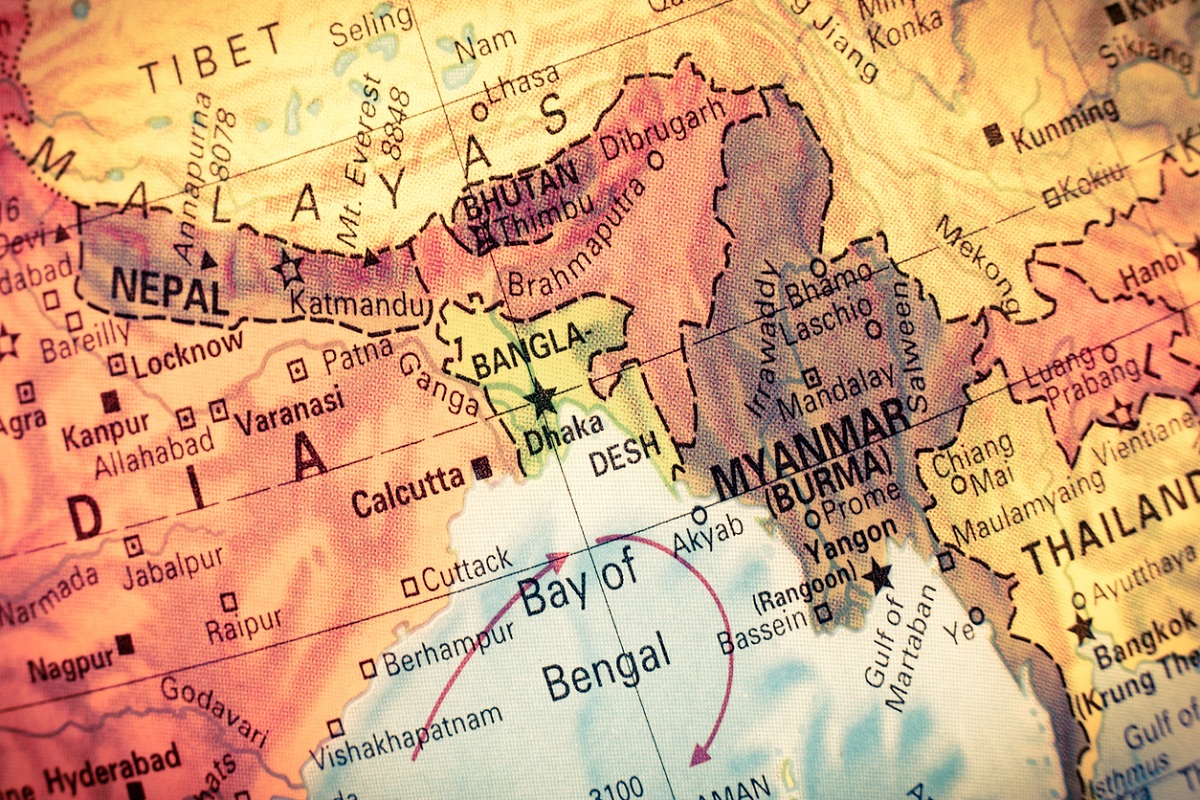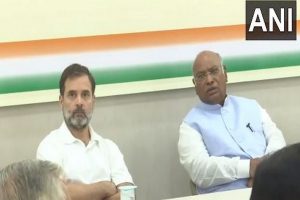Aquite total lack of coordination between the Union home ministry and the West Bengal government alone explains why bilateral India-Bangladesh trade has hit the reefs at the country’s largest land port in Petrapole in North 24-Parganas. With no fewer than 2,000 trucks, carrying goods to the other side of the fence, stranded on the border for five days, the Delhi-Dhaka agreement is rather unlikely to fructify quite yet.
Even at the mildest estimation, normalcy is still a long way away ~ a consummation devoutly to be wished for. Hence the Union Home Secretary’s message to Bengal’s Chief Secretary urging the state to open the land port and furnish a report to the Centre accordingly ~ “This unilateral decision to close the land port is hampering the country’s legally binding international cooperation”, indeed the economic cooperation within SAARC.
Having said that, it must be conceded that the West Bengal government could have informed the Centre about the volatile situation along the border with Bangladesh in the season of the coronavirus pandemic. Villagers in the area are increasingly restive over the fact that thousands of trucks are scheduled to trundle into Bangladesh.
They do have a point when they contend that hundreds of villagers ~ with limited means ~ run the risk of dire infection if trade is accorded precedence over public health. They fear that the virus could spread from Bangladeshi labourers to the Indian truck drivers and their helpers. The enormity of the Covid-19 tragedy will deepen if bilateral trade is conducted in parallel to a spurt in afflictions. Far from being flattened, the curve is moving upwards both in Bengal and in Bangladesh.
Not to put too fine a point on it, the issue called for greater reflection than has been manifest thus far, and on the part of both the Union and the state. It thus comes about that movement of trucks has been halted since 4 May at the Petrapole checkpost, less than 90 km from Kolkata.
Over the past week, the uncertainty over bilateral trade has acquired a political dimension with the Trinamul-backed labour unions throwing their weight behind the villagers on the Bengal side of the ever so porous border. Petrapole had reopened on 30 April, a little over a month after it was closed in the wake of the first phase of the nationwide lockdown.
Reports suggest that only 20 trucks were unloaded; movement of goods from the Indian side was stopped again on 4 May. The bilateral agreement on cross-land border transportation of essential commodities, albeit crafted with good intentions, has hit the bumps on the road to Bangladesh, to use the language of the metaphor.
And this has happened despite the Centre’s “consolidated guidelines” pertaining to the third phase of the lockdown ~ “no state can stop movement of goods trucks for cross-border land trade under treaties with neighbouring countries”. The terms of engagement cover a fairly wide swathe of South Asia, notably Nepal, Bhutan, Bangladesh and also, of course, India. But it shall not be easy for the trucks to be revved up.












